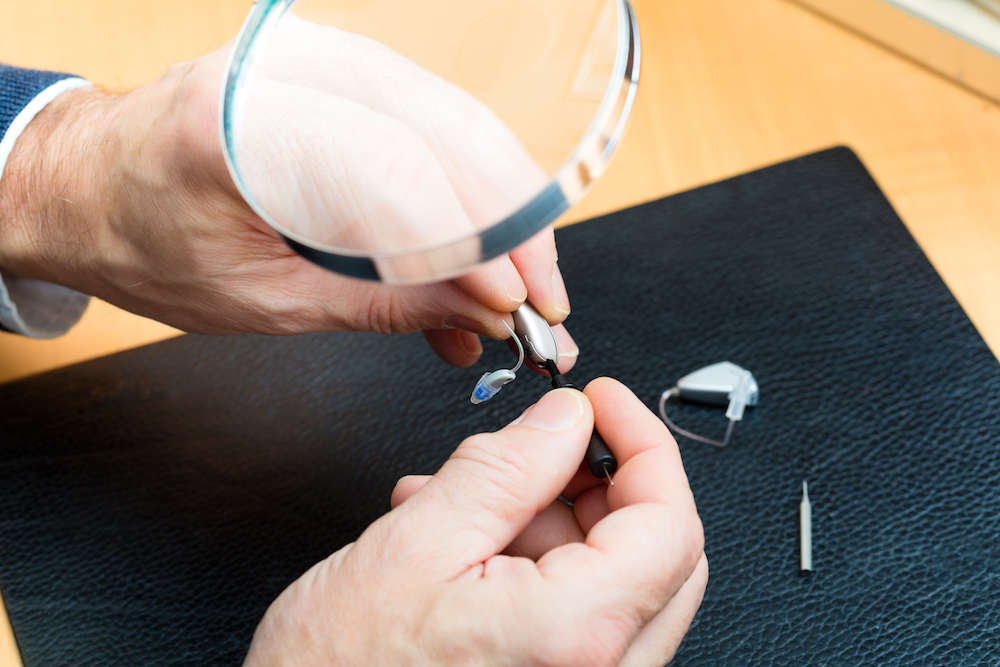Should I Get An Over-The-Counter Hearing Aid?
Over-the-counter (OTC) hearing aids are a type of hearing aid that does


Over-the-counter (OTC) hearing aids are a type of hearing aid that does

Hearing loss is something that can occur gradually from aging, or suddenly

There are two ways your hearing aid gets power. You can choose from